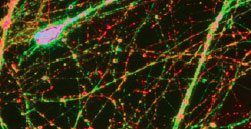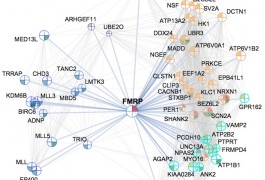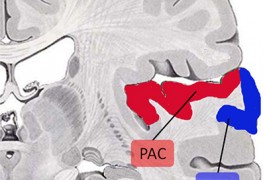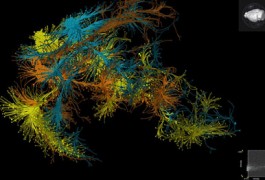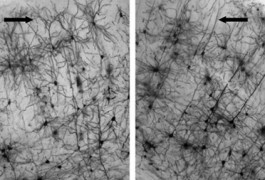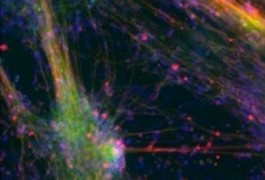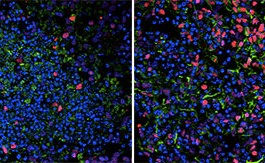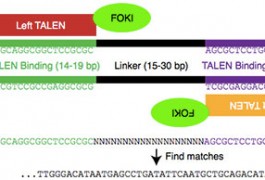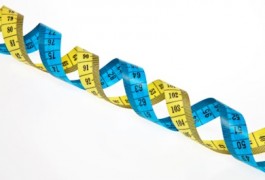Molecular mechanisms: Rett gene boosts protein production
MeCP2, the protein mutated in Rett syndrome, is normally responsible for boosting the expression of a large number of genes. This finding, published 3 October in Cell Stem Cell, may explain why growth factors that promote protein production are able to reverse features of the syndrome in mice.

